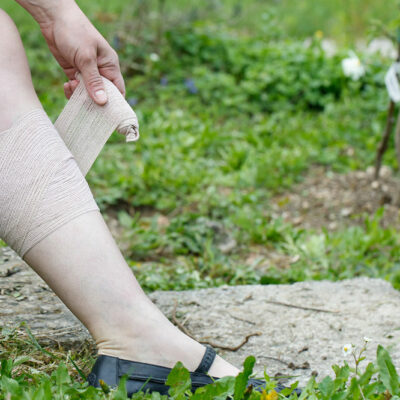
Health
Best Treatment Methods for Deep Vein Thrombosis
Deep vein thrombosis (DVT) is the condition where a blood clot forms inside the veins. This usually happens in the legs. DVT can cause pain and swelling, and in some cases, the blood clot can come loose and attach itself to some of the vital organs, resulting in severe complications. Here are some of the most common treatment options for DVT that you should know about. Blood thinners Blood thinners are one of the most common and first level treatment options for DVT . These medicines are also called anticoagulants, and they help the existing clot from growing or breaking off. These medications also help prevent new clots from forming in the veins. Thrombolytic agents These medicines are prescribed if your clot is large in size or if the blood thinners suggested initially do not work. These drugs are also called clot-busting drugs. They are usually administered intravenously and help in breaking down larger clots. Catheter-Directed Thrombolysis If your clot does not budge with the use of blood thinners and thrombolytic drugs, then the next treatment option for DVT would be a simple procedure done to bust the clot. A thin catheter is inserted into your vein and once the catheter reaches the site of the clot, it sends the medication directly to the clot.
Read More 











